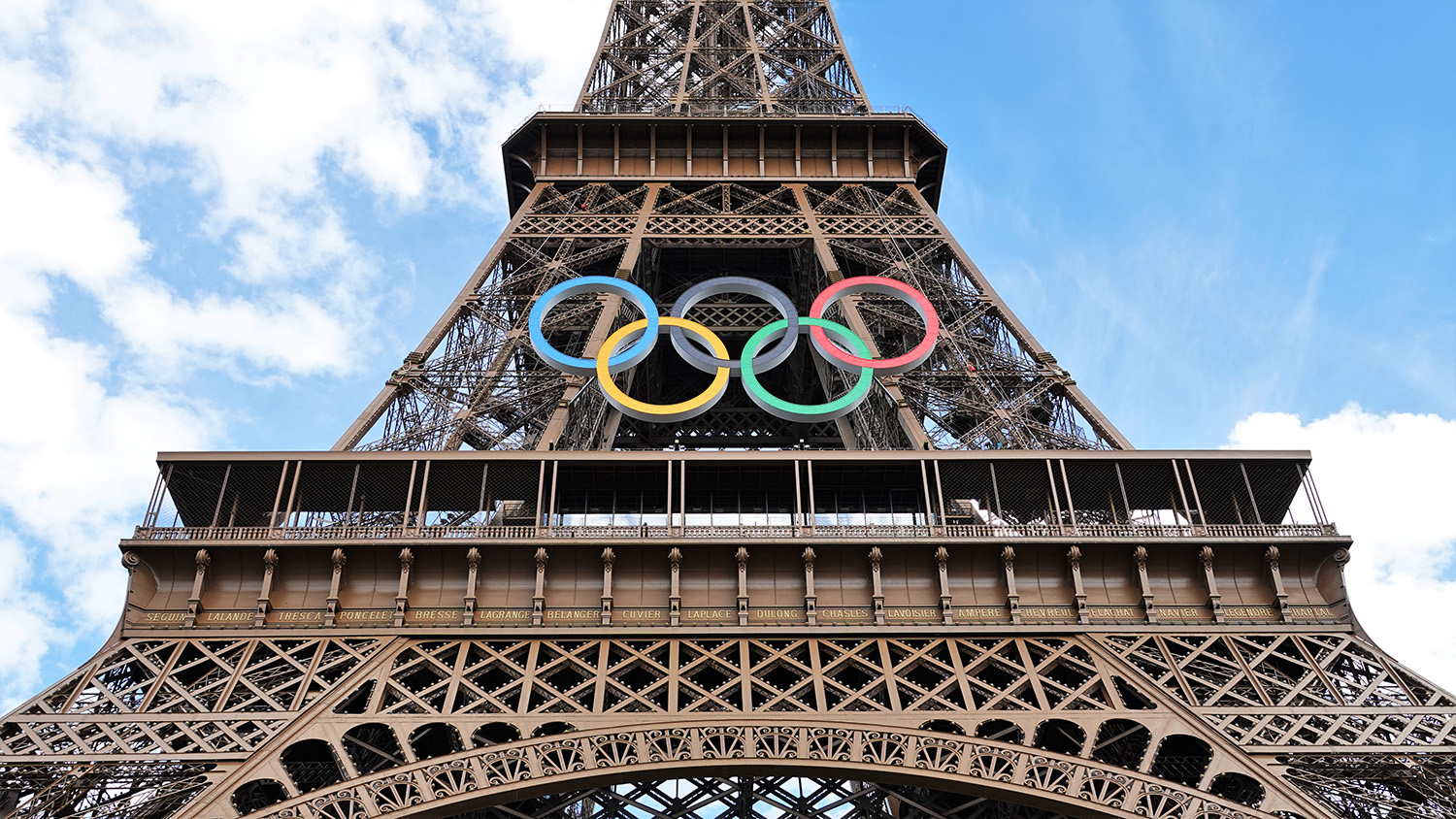5 Reasons Why the Olympics Are Important

The Olympics are often regarded as the world’s foremost multi-sports event, featuring thousands of athletes from more than 200 countries as they compete in a variety of competitions for gold, silver and bronze medals.
“What makes the Olympics unique is that you have all these athletes from around the world coming together to compete in so many different sports,” said Jason Bocarro, the Owens-Shelton Distinguished Professor of Leadership with a Global Perspective in the Department of Parks, Recreation and Tourism Management at NC State.
Held every two years, the Olympics alternate between the summer and winter seasons. The summer competitions range from archery and basketball to gymnastics and swimming, while the winter competitions range from alpine skiing and bobsleigh to figure skating and snowboarding.
People from all around the world tune in to watch the physical prowess of Olympic athletes as they perform feats of strength, speed, endurance and skill. The first day of the 2024 Paris Olympics alone drew more than 32 million viewers.
But the Olympics are more than just a celebration of athletic achievements; they’re a platform for promoting solidarity, according to Jonathan Casper, also a professor in the Department of Parks, Recreation and Tourism Management.
“The Olympics are unlike any other sporting event in the world because of their capacity to unite people through a shared enthusiasm for sport on a global scale,” Casper said.
Casper and Bocarro have both spent years studying the legacy of mega-sporting events like the Olympics. While these events aren’t always environmentally friendly or financially beneficial for host cities, they can have positive impacts.
Some examples from the Olympics include:
Cultural Exchange
- The Olympics bring together athletes and spectators from around the world to a single host city, creating a melting pot of languages, traditions and customs.
- Olympic athletes and spectators have the opportunity to explore the host city’s culture — from food and fashion to music and art. Even those watching from other countries can appreciate the city’s architecture and atmosphere.
- The Olympic Village serves as a microcosm of the world, providing a shared living space where athletes learn about each other’s customs and traditions.
Diversity, Equity and Inclusion
- The Olympics celebrate diversity and inclusion on a global scale by hosting more than 10,000 athletes from around the world for athletic competition, irrespective of social background, gender, race, sexual orientation or political belief.
- Gender-based discrimination is still rampant in the world of sports. The Olympics provide a platform for promoting gender equality and empowering women and girls, with an equal number of male and female athletes competing.
Sport Marketing and Development
- The Olympics promote non-traditional sports to a global audience. Skateboarding experienced increased interest following its debut at the 2020 Tokyo Olympics.
- Olympic athletes can serve as positive role models for kids, especially when they learn about the trials and tribulations they had to overcome.
- Surveys show that the Olympics attract more female viewers, presenting an opportunity for increased sponsorships and media coverage.
- The Olympics showcase the expertise of smaller countries in certain sports. Cuba, for example, ranks only second to the United States in boxing.
National and Civic Pride
- The Olympics serve as the ultimate show of national pride and identity. While countries don’t compete in the Olympics, athletes represent their countries in individual and team competitions.
- One global poll conducted by the BBC found that a majority of people in 18 out of 21 countries said their nations’ performance at the 2012 London Olympics was “important to their national pride.”
- Research shows that some individuals also feel civic pride when their cities host the Olympics and other mega sporting events. This is largely due to increased visibility, whether it’s through tourism or broadcasting.
Sustainability
- The relationship between mega sporting events and sustainability is fraught with controversy as many experts argue that organizers lack transparency and often fail to minimize their negative impacts on the environment.
- Research shows that mega sporting events can cause increases in carbon emissions related to transportation, energy usage and waste generation.
- But the Olympics and other mega sporting events can help to raise awareness of environmental issues. The 2024 Paris Olympics, for example, brought attention to pollution levels in the Seine River.


